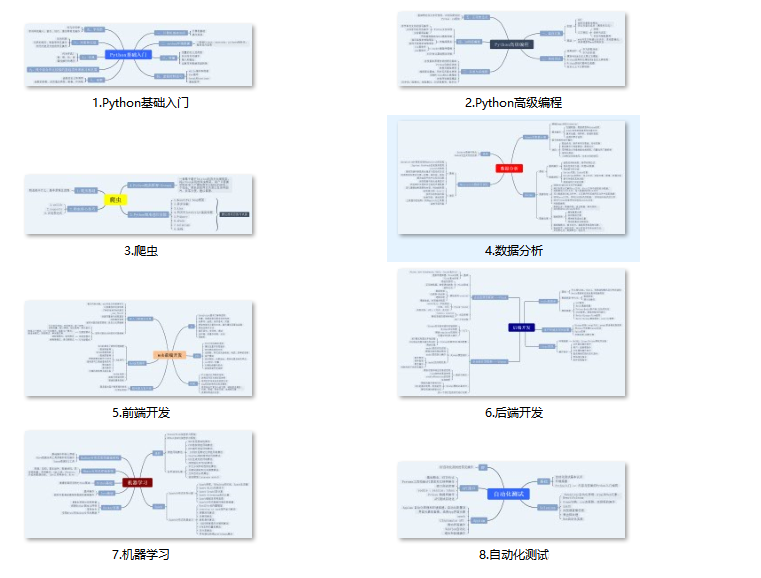mysql查询姓张的同学_Mysql 基础2 (sql查询语句)
1 查询所有列select * from 表名;2.查询指定列select 字段名1,字段名2 from 表名;3.查询时添加常量select 字段名 as 常量名 from 表名;把字段名改为设置的常量名显示;select 常量值 as 常量名 from 表名;在表查询结果中新插入一列,字段名为设置的常量名,值为设置的常量值;4.查询时合并列select (字段1+字段2)from 表名 ;只.
1 查询所有列
select * from 表名;
2.查询指定列
select 字段名1,字段名2 from 表名;
3.查询时添加常量
select 字段名 as 常量名 from 表名;把字段名改为设置的常量名显示;
select 常量值 as 常量名 from 表名;在表查询结果中新插入一列,字段名为设置的常量名,值为设置的常量值;
4.查询时合并列
select (字段1+字段2)from 表名 ;只能合并数值类的字段
5.去重查询
select distinct 字段名 from 表名;
6.条件查询(where)
select 字段名 from 表名 where 字段名=字段值;
关键字 : 逻辑条件 and or
比较条件 > = <= <>(非等于) between and (等价于 >= and <=)
注意 判断null 值的时候 用关键字 is (等于) is not(不等于);
7.模糊查询
关键字 like %(代表任意字符) ——(代表一个字符);
例子 : 从student 表中查询姓张的同学
select * from student where name like '张%';
从student 表中查询姓张且名字是两个字的的同学
select * from student where name like'张——';
8.聚合查询
常用聚合函数 sum() avg() max() min() count()
select 函数名 (字段名) from 表名 ;
注意用count()计数不包括 null 值;
9.分页查询 limit m , n
limit 的两个参数 第一个是相对第一行的偏移值 , 第二个是显示几行; 起始值从0开始;
查询student表前两条数据;
select * from student limt 0 2;
10.排序查询
关键字 order by asc升序 desc降序
select * from 表名 order by 字段名 desc , 字段名asc;
当按照多个字段进行排序时,其实是先按第一个字段排序,在第一个字段相同的情况下再按第二个字段排,以此类推
11 .分组查询
关键字 group by
例子:select 字段名 from 表名 group by 字段名;
一般分组查询与聚合函数连用,聚合函数作用于 分组后每个组的整体;
12.分组后筛选 having
类似于where 但是 having 加在分组之后 分组前用where;
select 字段名 from 表名 group by 字段名 having id =1;
更多推荐
 已为社区贡献1条内容
已为社区贡献1条内容









所有评论(0)